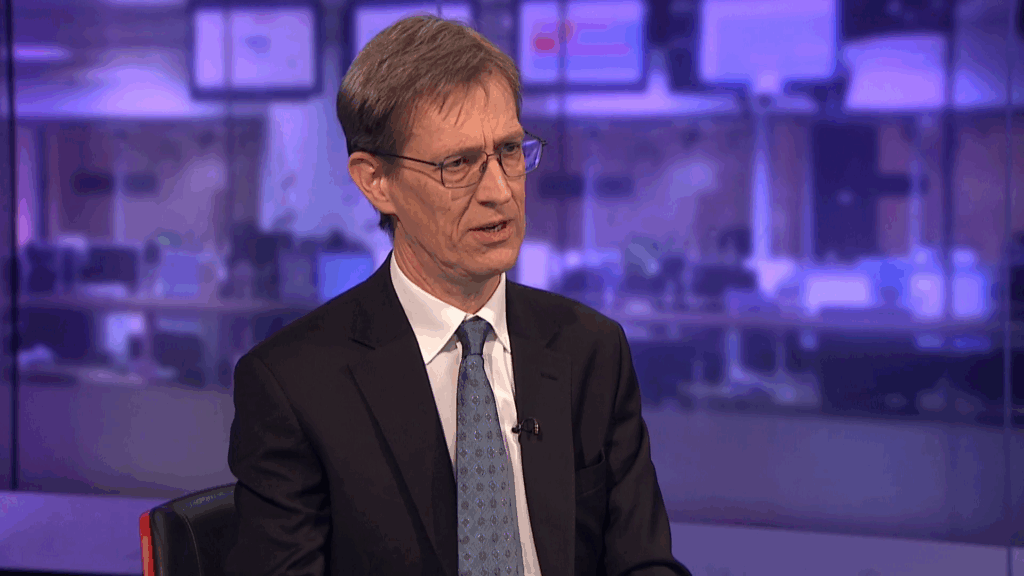The UK bonds market experienced a significant rebound on July 3, 2025, following Prime Minister Keir Starmer’s public endorsement of Rachel Reeves. This development comes after a period of market instability caused by investor concerns over government borrowing and the overall state of public finances.
Government bonds, which had been under pressure, rallied as Starmer’s backing of Reeves, the Chancellor of the Exchequer, reassured investors about the government’s fiscal strategy. The prime minister’s support was seen as a stabilizing factor, calming fears that had led to a turbulent trading session the previous day.
Background on Market Turmoil
The recent volatility in the UK bonds market was primarily driven by apprehensions regarding the government’s fiscal policies. Investors were particularly anxious about the potential for increased borrowing and the implications this could have on the country’s economic stability. These concerns were exacerbated by mixed signals from government officials, leading to a sell-off in bonds.
Rachel Reeves, who has been at the forefront of the government’s economic policy, faced scrutiny over her plans to manage the national debt while stimulating growth. Her approach, which includes significant investments in infrastructure and green energy, has been met with both praise and skepticism.
Starmer’s Strategic Endorsement
Prime Minister Starmer’s decision to publicly back Reeves was a calculated move aimed at restoring confidence among investors. By reaffirming his support, Starmer signaled continuity and stability in the government’s economic approach, which was crucial in reversing the negative sentiment in the bond market.
According to financial analysts, this endorsement was pivotal. “Starmer’s backing of Reeves sends a strong message to the markets that the government is united in its fiscal strategy,” said James Carter, a senior economist at London Financial Group. “It’s a reassurance that the policies in place are designed to support long-term economic growth.”
Historical Parallels and Expert Opinions
The UK’s current economic situation draws parallels to previous periods of financial uncertainty. In particular, the bond market’s reaction is reminiscent of the post-2008 financial crisis era, where government assurances played a critical role in market stabilization.
Economic historian Dr. Sarah Williams noted, “The government’s ability to convey a coherent fiscal strategy is crucial in times of economic uncertainty. Historical precedents show that clear communication can significantly influence market dynamics.”
Meanwhile, experts emphasize the importance of maintaining investor confidence. “The bond market’s reaction is a testament to the delicate balance between fiscal policy and market perception,” remarked Fiona Mitchell, a financial analyst at Global Insights. “It’s a reminder of how quickly markets can react to political signals.”
Implications for the Future
The rebound in the UK bonds market is a positive sign, but challenges remain. The government must continue to address concerns about public finances while pursuing its economic agenda. The focus will likely be on how Reeves and her team navigate these complexities in the coming months.
Looking ahead, the government’s ability to maintain market confidence will be crucial. Analysts suggest that ongoing communication and transparency will be key components in ensuring stability. As the UK navigates its economic path, the interplay between government policy and market response will remain a focal point for investors and policymakers alike.
In conclusion, the recent rally in the UK bonds market underscores the impact of political support on financial stability. As Prime Minister Starmer and Chancellor Reeves work to implement their economic vision, the eyes of investors will be keenly focused on their next moves.
